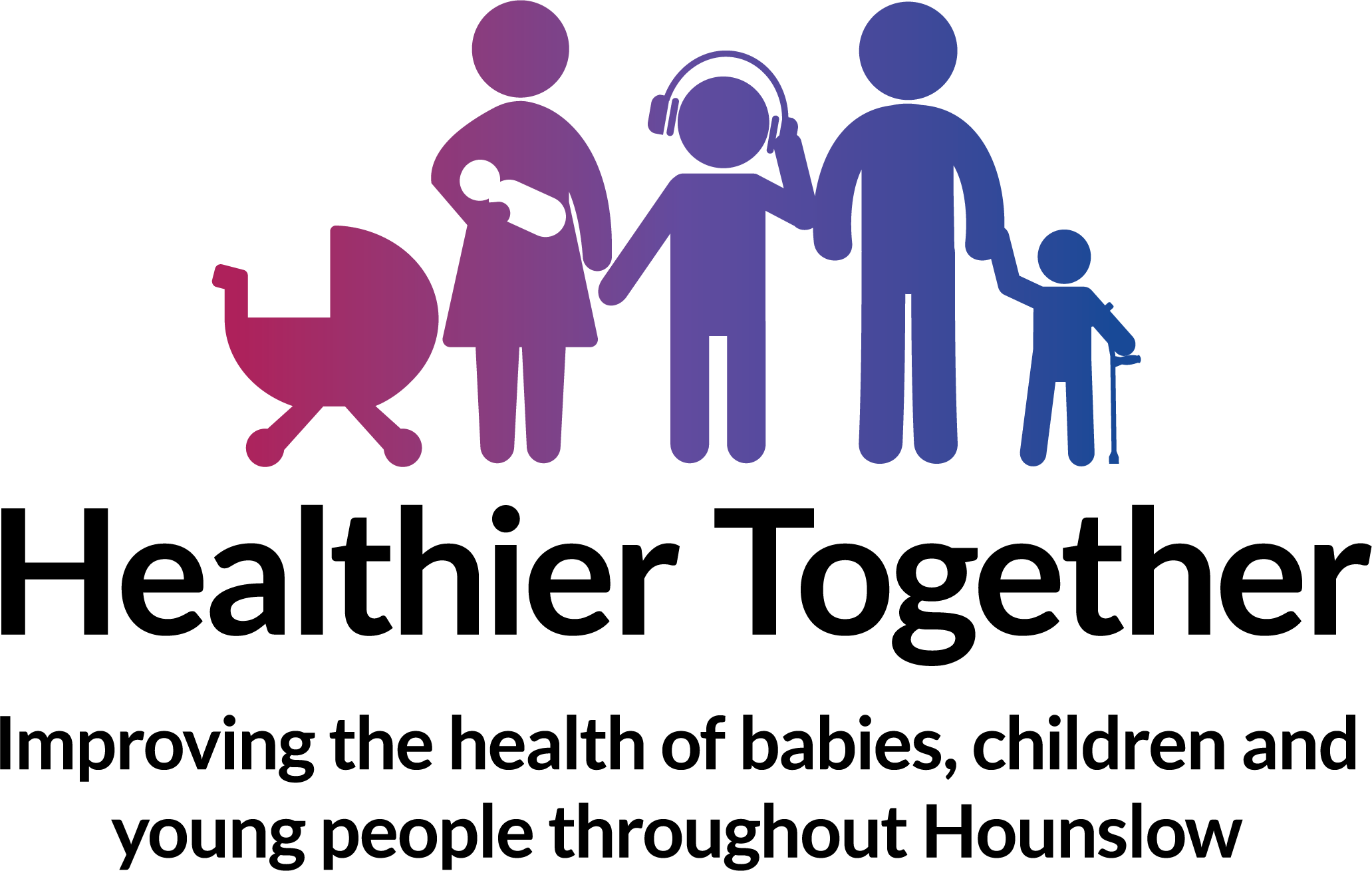Attention Deficit Hyperactivity Disorder (ADHD)
What is adhd?
If you have a diagnosis of Attention Deficit Hyperactivity Disorder (ADHD) this means that you can struggle with paying attention, have high levels of energy and react quickly to things. This can get in the way of everyday life such as school, hobbies and making friends, although how much it affects someone can vary from person to person.
Tasks such as sitting still, concentrating and following instructions are much harder for people with ADHD as they often feel restless or fidgety, can be easily distracted and can talk a lot, which makes activities such as school lessons and doing homework even more difficult.
People with ADHD can sometimes find it harder in social situations such as making friends or playing games as they can find it hard to follow conversations, wait for things and take turns. Sometimes people with ADHD also have difficulties with getting to and staying asleep.
ADHD is a result of the brain being wired slightly differently to people who do not have ADHD. Although there is no cure for ADHD, the difficulties experienced, such as high energy levels, difficulties concentrating and reacting quickly, can be helped and managed in many ways including receiving extra support in school, learning techniques and strategies to help you cope and sometimes taking medication.
HELPFUL ADVICE
- The most important thing to know is that having ADHD is not your fault and is not a bad thing. People who have ADHD are just as talented as those without ADHD. In fact it is reported that some of the world’s most successful people have diagnoses of ADHD including; Justin Timberlake (singer), Jamie Oliver (chef), Will Smith (actor), Michael Phelps (Olympic swimmer), Emma Watson (actress) and Richard Branson (entrepreneur and owner of the Virgin brand) to name just a few!
- There are lots of strategies and techniques that you, your parents, carers and teachers can use to help you cope and manage with the things you find difficult. So it is important to make sure that those involved in teaching or supporting you are aware that you have ADHD. You can find suggestions of techniques and strategies that might help on the website link below.
- As remembering, being organised and planning your day can be one of the hardest things to do and this often makes school difficult, it is a good idea to make notes or reminders and set alarms on your phone of important things that you need to remember. Try to be organised and plan ahead what you will need for each day. It may be helpful to let others help you with doing this. Having a familiar routine will also make it easier for you to remember what you have to do and what you might need with you.
- If you have been given a diagnosis and have been prescribed medication to help you there is a really useful website called YoungMinds which can give you lots of information and advice.


